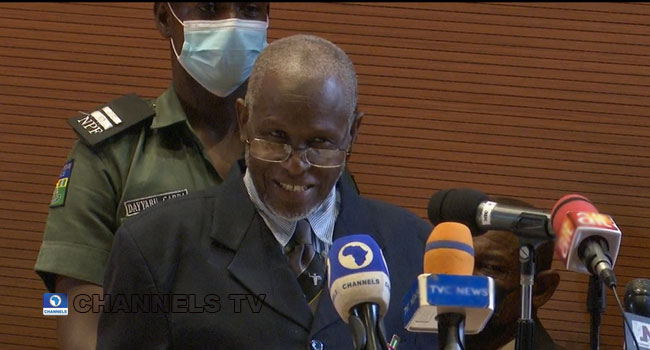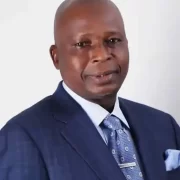Constitution Amendment: Judiciary Unbundled, CJN Removed As FJSC, NJI Chairman

The power of the Chief Justice of Nigeria (CJN) over critical institutions of the judiciary has been scaled down by the federal lawmakers tinkering with the 1999 Constitution.
A two-day retreat of the joint ad-hoc committee of the National Assembly working on the amendment of the constitution ended on Saturday, in Abuja.
In attendance also were consultants engaged by the federal lawmakers to guide on the amendment of the rule book.
Friday evening, the gathering concluded on the repositioning of the judiciary and accepted the recommendation that the all-encompassing powers of the CJN on the justice sector be whittled down for accountability.
While the contention over the continued existence of the National Judicial Council (NJC) was resolved in favour of retaining it and CJN, retained as its chair, two other critical agencies were pulled away from the most senior jurist.
The Federal Judicial Service Commission (FJSC) and the National Judicial Institute (NJI) were withdrawn from the supervision of the CJN.
While the FJSC nominates for federal judicial appointments, NJI is the training establishment for all judicial officers in the country. Nigeria currently boasts of 1,129 judges.
While 846 serve at the state level, 283 serve at the federal level. Nominations from FJSC are sent to the NJC also headed by the CJN.
If the new recommendation is carried by the plenary of the National Assembly and approved by two-thirds of all the state assemblies, a new head will be appointed for the FJSC, while the Administrator of the NJI would no longer be answerable to the CJN.
A new chairman is also expected to be appointed for the institute. The CJN also chairs the Legal Practitioners Privileges Committee (LPPC) which appoints Senior Advocates of Nigeria. The retention of NJC also came with major reform.
The membership has now been increased from the current 24 members to 29, bringing the seats reserved for the Nigerian Bar Association (NBA) to 10 from the current five.
The other 19 members, mainly appointed at the prerogative of the CJN, are now to be appointed by the CJN, in collaboration with brother justices, resting the practice of sole decision by the CJN.
NBA representatives on the Council, currently barred by the 1999 Constitution from participating in the process of sanctioning errant judicial officers, have now been cleared to participate in the disciplinary process.
The appointment of the Council Secretary has also been reviewed. Going forward, occupants of the office will now likely function as the Head of Service for the Judiciary.
The office is currently at the level of a Permanent Secretary. Future occupants must compulsorily be lawyers with a 15-year post-Bar call.
FJSC, with a new head who is not the CJN, must recommend future appointees to the office. When the holder of the office is caught in misconduct, he faces same punishment as an errant judge, ranging from censure to dismissal.
At the behest of the leadership of the Judiciary, the number of justices of the Court of Appeal is now to be increased from 49 to 100.
This increment was in lieu of the inability of the constitution reviewers to spread the intermediate court across the 36 states.
The proposal for judicial federalism that would see all states with their Court of Appeal and Supreme Court didn’t sail through.
The Supreme Court is also freed of needless encumbrances of appeals that should terminate at the Court of Appeal.
Going forward, if approved by plenary and 24 houses of assembly, appeals arising from chieftaincy disputes, land matters, divorce cases, among others, would now terminate at the intermediate court.
Those appeals won’t make it to the apex court again.
The Supreme Court is now to focus mainly on constitution interpretation.
Lawyard is a legal media and services platform that provides enlightenment and access to legal services to members of the public (individuals and businesses) while also availing lawyers of needed information on new trends and resources in various areas of legal practice.













